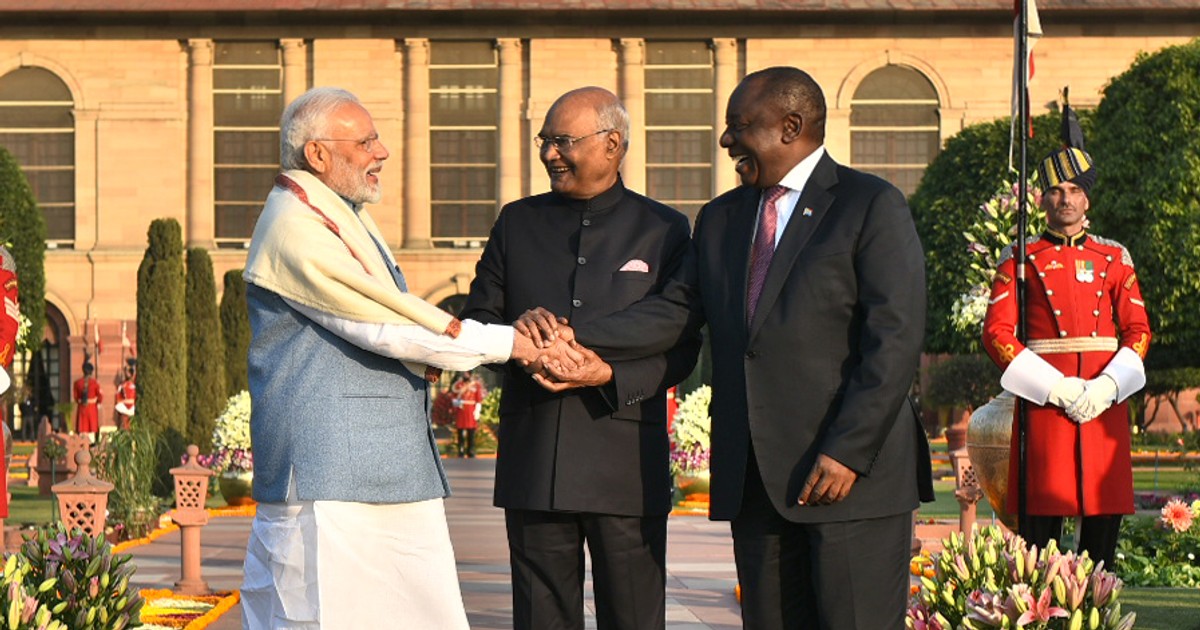Mining Other

South Africa’s mining reforms draw interest from Indian Investors

Policy shifts aimed at privatizing infrastructure and liberalizing the mining sector are drawing significant interest from Indian businesses.
South Africa is implementing reforms to privatize infrastructure and liberalize mining rules, creating new opportunities for international investors. These reforms are part of a wider shift that began under the government’s Operation Vulindlela programme launched in 2020, which aims to reduce red tape, unlock investment, and allow greater private-sector participation in key sectors.
Since 2023, Pretoria has accelerated efforts, particularly in transport and logistics, where long-standing inefficiencies in rail and ports have hampered mineral exports.
Indian Businesses Eye Opportunities
Nitin Agrawal, Group Chairman of Oza Holdings, which operates in mining and manufacturing, stated that the country’s reforms offer unique openings for foreign partners. Addressing a delegation of Indian entrepreneurs in Johannesburg, Agrawal said, "South Africa is a large and developed economy within Africa. It has very well-established mineral reserves and resources, along with very well-developed infrastructure... It has a very good way of conducting mining operations with very good regulatory frameworks."
He argued that South Africa’s licensing framework makes it easier to participate in the industry. "Anyone can obtain a licence to prospect and search for minerals or to mine these minerals, which is a unique proposition when compared to other economies," he said.
Signs of Progress in Infrastructure
Agrawal pointed to signs of improvement in transport networks. "We have seen a significant improvement in South Africa within rail and port operations in 2025. We see 2026 to be a very improved environment for port and rail capacity, which will provide additional leverage to mining companies and improve their overall competitiveness in the global market," he said.
On privatization, he said the policy shift is already boosting confidence and that Indian companies with railway manufacturing facilities could be leveraged as the program rolls out.
Focus on Skills and Local Benefits
South Africa’s focus on local beneficiation—processing raw materials domestically to create higher-value products—is another critical area for collaboration. Agrawal also stressed that skills transfer is a key benefit of the partnership. "Indian businesses have skills while South Africa is a skills-short nation. It has a large young workforce and skills transfer from India will enable South African businesses to have a good partnership," he added.
While challenges such as energy shortages persist, the reforms signal a broader vision. With a portfolio of curated investment projects valued at $40 billion, South Africa’s agenda highlights the scale of its economic transformation, positioning itself as a model for how African economies can modernize and strengthen links to global markets.












